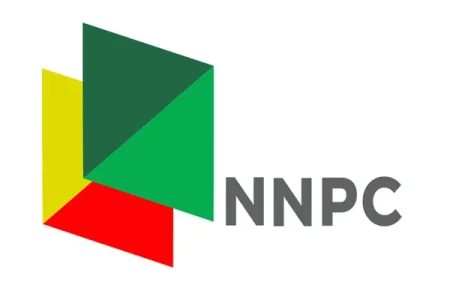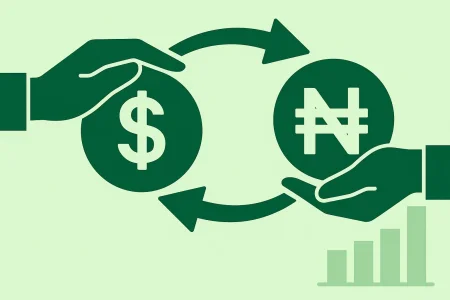
Major changes are coming to Nigeria’s tax system as the federal government prepares to roll out sweeping reforms under the Nigeria Tax Bill (Ease of Doing Business), with full implementation set for 2026.
According to Daniel Friday Okodi, a brand communications expert and influencer, the upcoming law aims to simplify taxation, improve compliance, and widen the tax net without overburdening citizens. Both everyday Nigerians and digital professionals will feel the shift.
- VAT Removed from Essentials
Value Added Tax (VAT) will be scrapped on key services and goods: basic food items, baby products, school fees, hospital bills, electricity, and even groceries. It’s designed to ease the financial burden on families. - Remote Workers Must Now Register & Pay Tax
Nigerians working remotely and earning in foreign currency must register with their state tax authority, declare income in naira, and pay income tax. Platforms like Payoneer, Wise, and Barter are now traceable via BVN and bank links. - Foreign Earnings No Longer Hidden
Thanks to international tax treaties, Nigeria may now automatically receive income reports from compliant countries like the US or UK. Okodi warns: “The days of ‘nobody fit know’ are counting down.” - FIRS to Be Replaced by NRS
A new Nigeria Revenue Service (NRS) will take over from the Federal Inland Revenue Service (FIRS), with more transparency, authority over non-tax revenues, and a unified structure to stop double taxation by state and federal bodies. - New Appeal Mechanisms for Tax Disputes
A Tax Appeal Tribunal and Tax Ombudsman will be created to give taxpayers a legal voice. Citizens can now challenge unfair taxation and expect due process.
Though these changes won’t take effect until 2026, individuals and businesses should begin preparing for a more digital, transparent, and inclusive tax system. With enforcement tools growing stronger, the reforms promise both relief and accountability, depending on where you stand.
Source: Twitter thread by Daniel Friday Okodi




